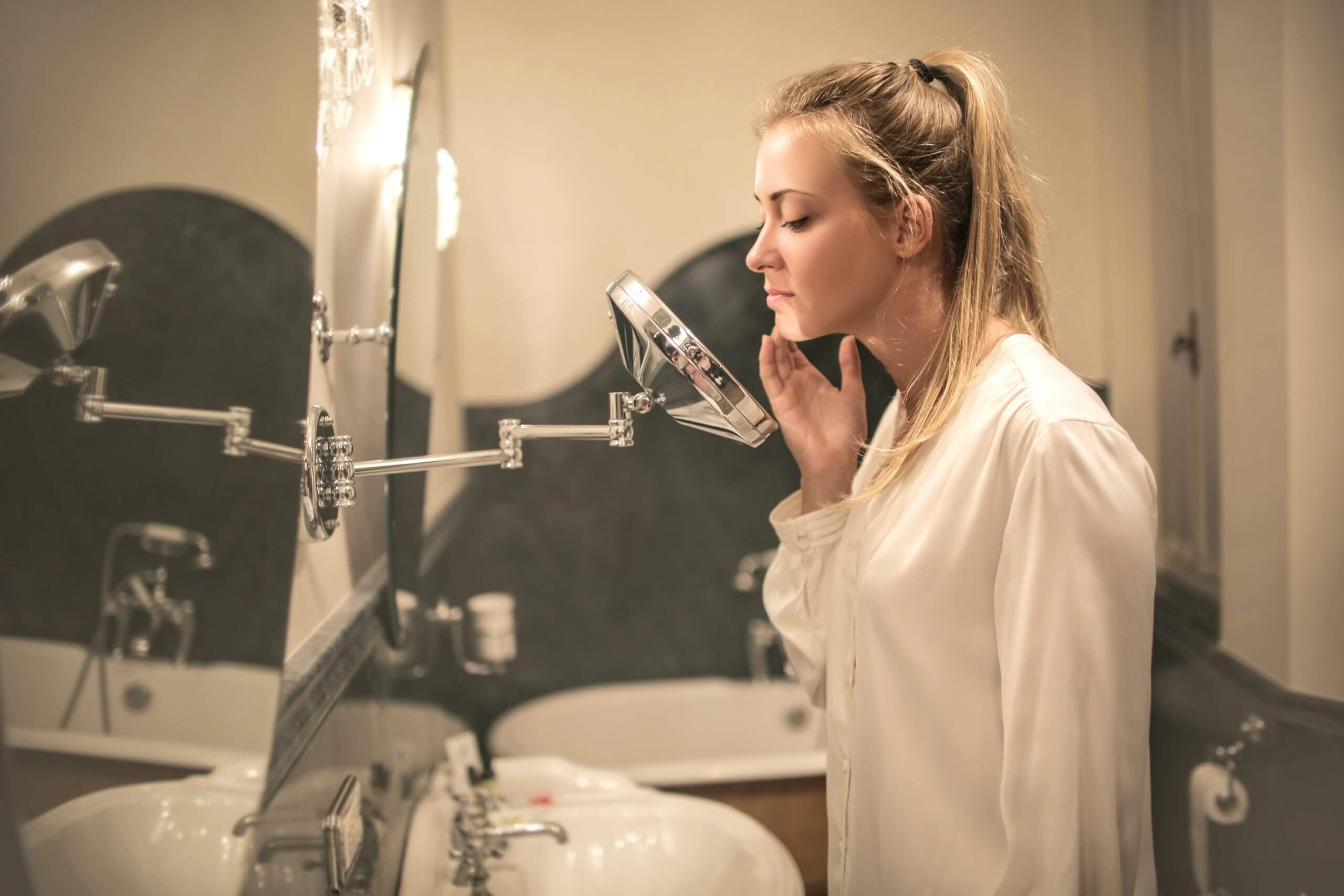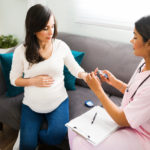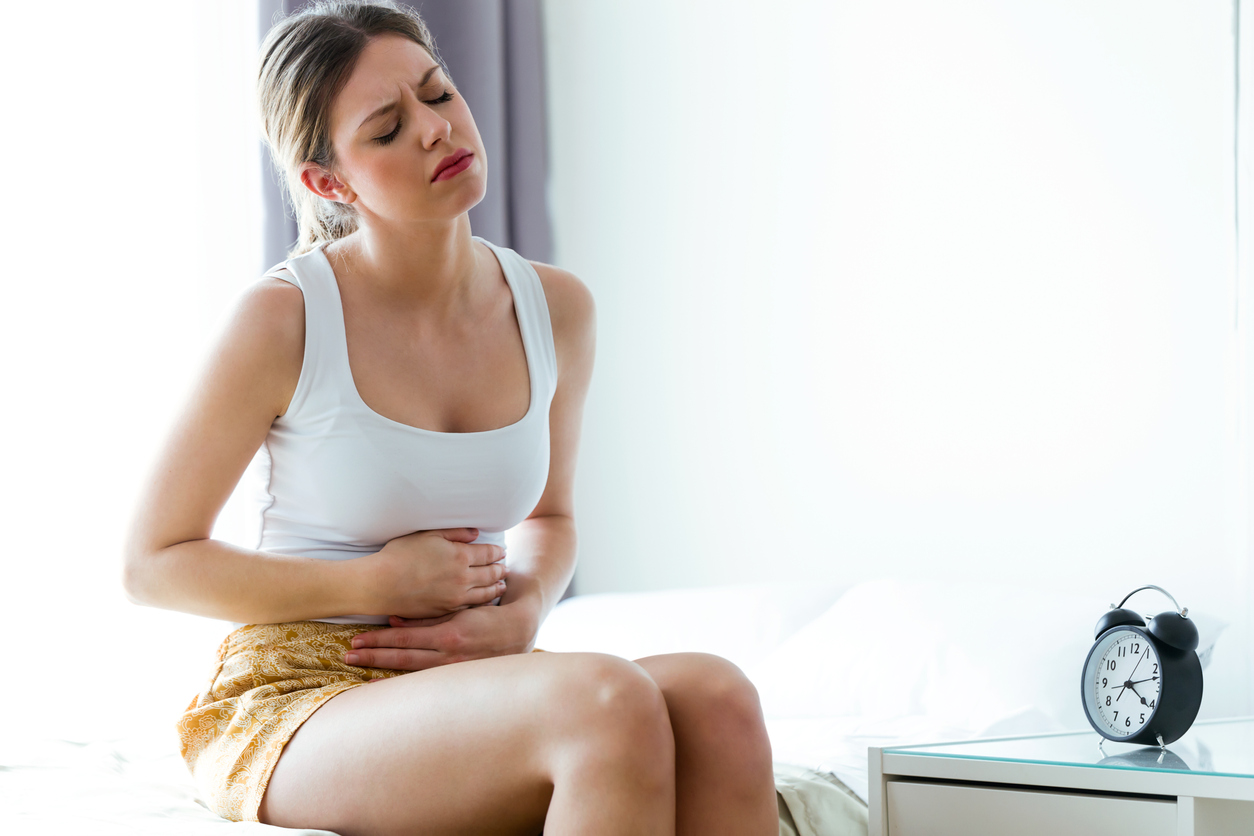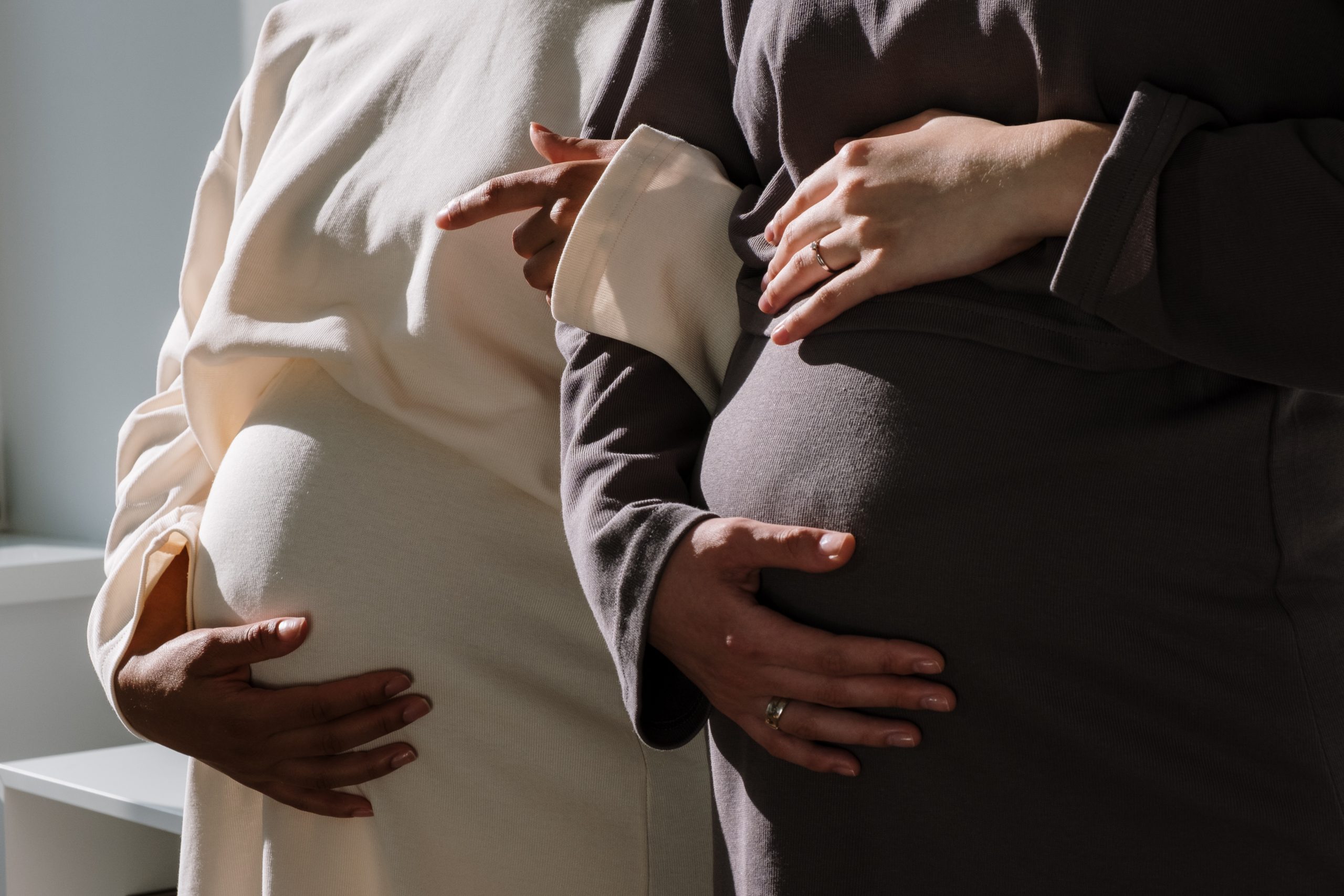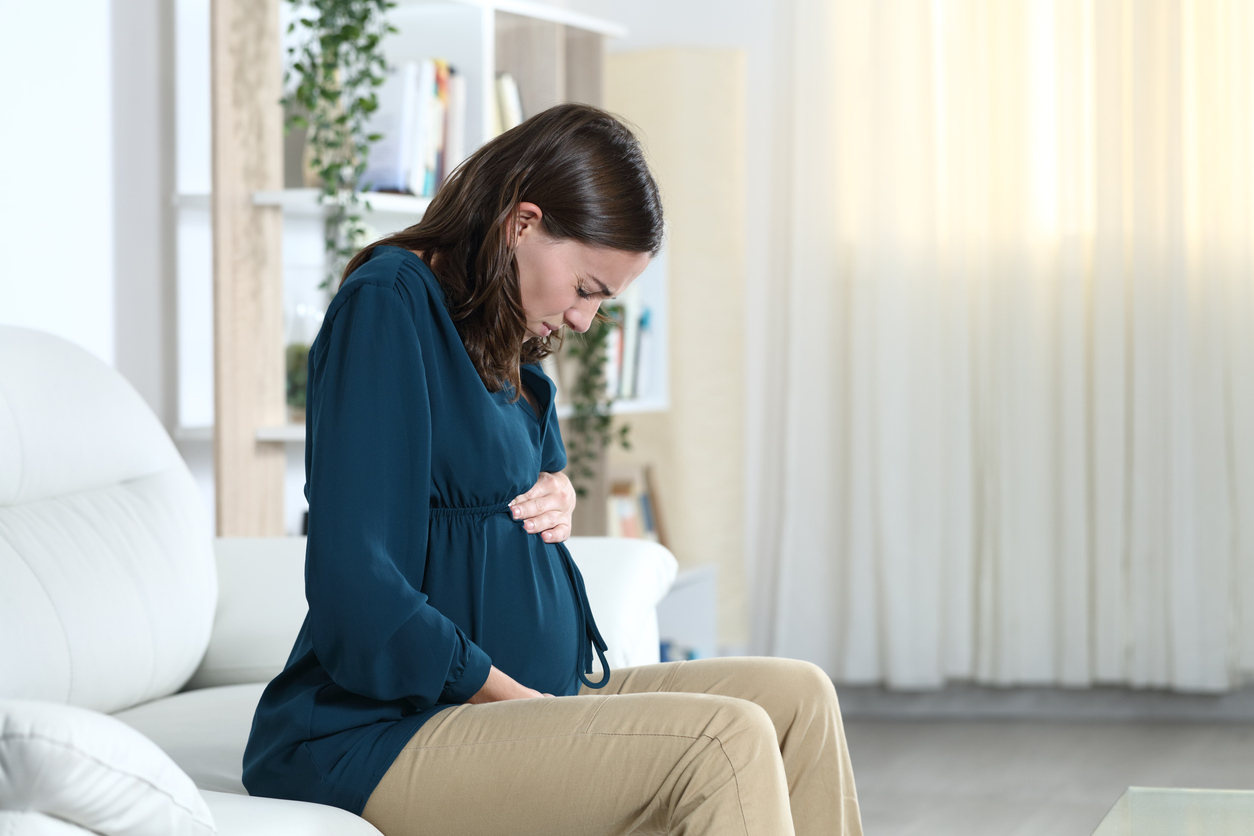Getting acne is common during pregnancy. A significant rise in hormones in your body might make your skin more susceptible to breakouts.
Acne is a skin condition in which the skin’s glands get filled up with oil or dead cells. Acne can manifest as blackheads, pimples, lumps, and redness. Most of us had acne when we were teenagers, but others experience acne throughout their lives, into adulthood and pregnancy. Acne is caused by factors such as oil production, blocked pores, inflammation, and germs. Stress, medications, cosmetics such as hair care and skin care products, diet, and hormones are all indirect variables that influence the formation of acne.
What are the Causes of Pregnancy-based Acne?
The female body generates a lot of prolactin and progesterone throughout pregnancy. These hormones are involved in a variety of functions which include increased perspiration and sebaceous gland activity. During this period, the amount of androgens rises, resulting in excess sebum production. Consequently, the skin ends up being oily hence blocking the pores. Acne can appear as pimples and blackheads since oily skin provides an ideal environment for bacteria that grow on the surface leading to inflammation.
The emotions and stress that pregnant women face as a result of their new life responsibility can also affect their skin condition. Pregnancy acne often develops in the same areas as adolescent acne, such as the forehead, nose, chin, and back.
Diet has an impact on the occurrence and prevalence of acne during pregnancy. We are definitely aware that many pregnant women have varied dietary cravings. However, some diets might lead to skin changes.
Acne can occur in up to 40 percent of pregnant women. Hormone levels, particularly progesterone, rise, stimulating the skin’s oil glands, resulting in excessive oil production and blocked pores. While pregnancy-related acne is most frequent during the first three months, to some women, it can occur throughout the pregnancy period.
What Should You Avoid When Treating Pregnancy-based Acne?
Pregnancy is a unique period in our lives where we make choices not just for ourselves but also for our babies. Caution is especially advised while taking any acne-fighting medications while pregnant. If you notice changes in your skin while pregnant, you should see a gynecologist or dermatologist before trying out any chemical treatments. Most anti-acne medications are prohibited during pregnancy because they may endanger the baby or interfere with its progress. Tetracycline, prednisolone, and isotretinoin-based medications are among acne treatments that should be avoided. It is also forbidden to take retinoid-containing medications, which might disrupt the placenta and cause irreparable embryonic abnormalities.
Which Therapy Should You Use to Treat Pregnancy-based Acne?
When treating acne-prone skin during pregnancy, the main goal is to apply natural solutions that do not include alcohol or substances that affect the skin. Products made from herbal extracts and natural spring water are recommended for skin washing. Black mud-based products can also be beneficial. This substance contains anti-inflammatory, antibacterial, and astringent effects, allowing it to clean the skin and control sebaceous gland activity effectively. You can apply a light peel therapy every 2 weeks to eliminate scarred epidermis and cleanse the pores. When treating acne during pregnancy, remember to hydrate your skin daily. Dry skin tries to balance the hydrolipid level and boost sebum production, which leads to acne lesions development. As a result, utilize mineral moisturizing creams with a mild composition that will not clog pores.
What Should You Eat During Pregnancy to Reduce Acne?
Maintaining a healthy diet during pregnancy will benefit your baby’s growth and help protect your skin from developing acne and reduce its symptoms and presentation. Expectant mothers’ diets should include unsaturated fatty acids and vitamins, particularly B2, B7, PP, E, and A. A balanced diet rich in fiber, vegetables, fruits, and seafood is also essential. Sweets, fatty meals, fried foods, and extremely spicy foods all have detrimental effects on skin health and should be avoided. Similarly, it’s critical to maintain the body hydrated, which means drinking the recommended quantity of fluids—roughly 1.5 to 2 litres of water every day. Mineral water cleanses the body of residual toxins, which helps to enhance your skin.
Does Acne Prevail Even After Pregnancy?
Acne after pregnancy frequently lasts several months. However, the exact time is mostly determined by the breastfeeding phase. When you stop breastfeeding the child, your hormonal balance will readjust to pre-pregnancy levels, which will improve your skin. Then, you will be able to use cosmetic treatments like microdermabrasion or stronger treatments to cleanse and rebuild the skin fully. However, until then, you should continue to employ the same care practices as you used during your pregnancy. If acne lesions continue to occur on the skin after you have stopped breastfeeding, see a dermatologist. Your dermatologist will be able to evaluate the problem and prescribe the appropriate skin therapy.
The occurrence of acne during pregnancy is just temporary; hence need to be too stressed about it. Nevertheless, it’s always worth considering natural acne treatments to keep your skin in excellent condition and avoid acne scars, which can be tough to erase. The goal is to take care of your skin when pregnant, since who doesn’t desire beautiful skin before and after pregnancy?

